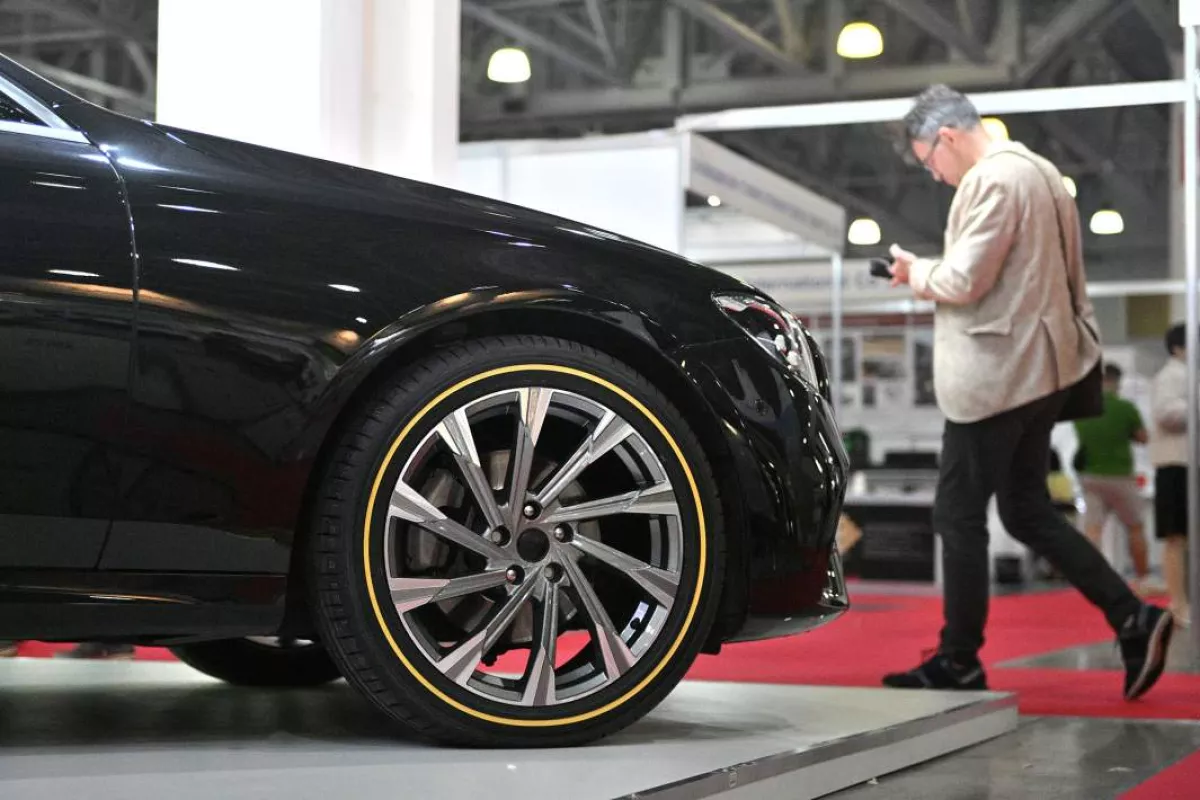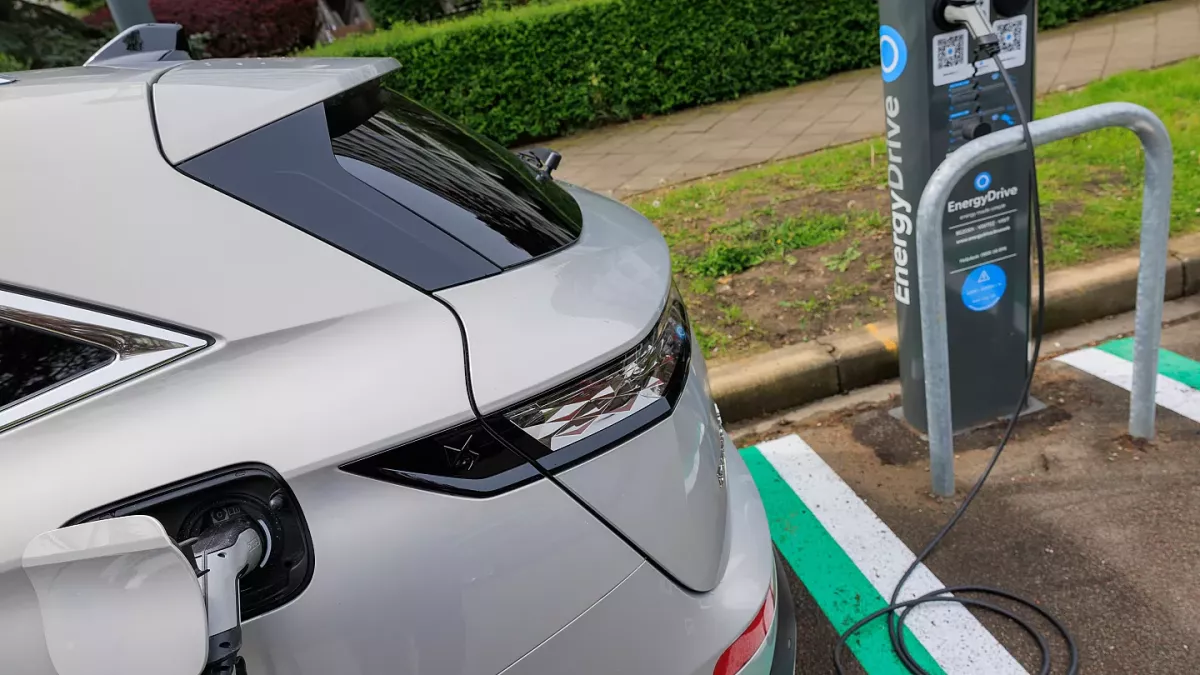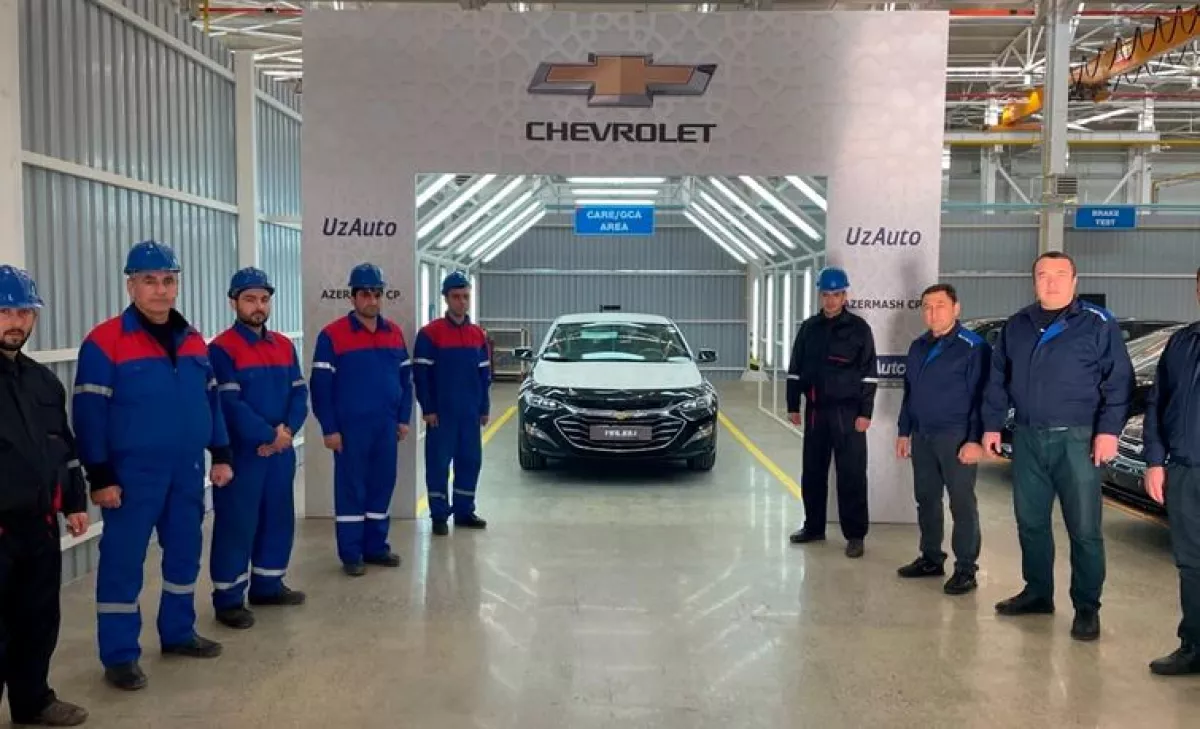Azerbaijan and the global automotive crisis Local production in focus
The year 2024 will be remembered for a significant reduction in production and a decline in passenger car sales in the USA, the European Union, Japan, and South Korea. The economic downturn in developed regions of the world has severely impacted consumer purchasing power, while rising component costs and other production expenses have significantly increased car prices, further discouraging consumers. Against this depressed backdrop, car assembly in Central Asian countries is progressing quite successfully, and a similar trend is observed in Azerbaijan, where vehicle production increased by 86.6% in January-October 2024 compared to the previous year.
The past year proved to be significant for overcoming the aftermath of the global automotive market collapse in 2021-2022: production and sales in the global automotive market increased by 11.1%, and in the hardest-hit EU market, sales even grew by almost 14%. However, as it turned out, this rise was partly driven by government measures such as subsidized financing and support for the automotive industry in the USA and the EU, and was largely influenced by the factor of delayed demand, given the previous three-year sales decline. Unfortunately, the leading global manufacturers have not been able to fully resolve the key industry issues.
It is worth reminding that in the post-pandemic period, global car production was under significant pressure due to logistical delays, which led to a shortage of semiconductor chips and electrical equipment. Steel rolling, polymer components, and other parts saw a noticeable price increase. All of these problems, influenced by inflation, resulted in a substantial rise in production costs, further exacerbated by the need to adjust workers' wages. As a result, this burden was reflected in higher prices for new cars, which further intensified the disintegration of the global automotive industry. According to data from the European organization Transport&Environment, the prices of cars from the five largest car manufacturers in the Old Contient (BMW, Daimler AG, Stellantis, Renault, and Volkswagen AG) increased by 41% compared to the prosperous year of 2019.

Finally, with the onset of the Russian-Ukrainian war and the sanctions standoff, almost all foreign assembly lines in Russia came to a halt, depriving European, American, Japanese, and Korean automotive giants of profits and sales markets. By 2024, Chinese automakers essentially dominated the large Russian automotive market.
As a result, the positive trends observed from the second half of 2022 to the end of 2023 have come to an end. According to the recently released "Economic and Steel Market Outlook 2024-2025, fourth quarter" report by the European Steel Association (EUROFER), production in the EU automotive industry is expected to decline by 6.5% in 2024 compared to 2023. Specifically, from January to October of this year, car sales in Sweden fell by nearly 10%, while sales in Japan and South Korea decreased by 7%. Sales in the UK and especially in the USA remained extremely low, with only a 0.4% increase over the first 10 months. This modest dynamics is attributed to the deteriorating market conditions, where the situation for automakers has been further complicated by uncertainties surrounding electric vehicle production standards, a lack of charging infrastructure, and a shortage of lithium batteries.
Additionally, demand has been affected by low real household incomes and high inflation, which are limiting consumer spending. As a result, production and sales volumes in global automotive manufacturing remain below the levels of the COVID-19 pandemic and even below the figures of 2019, when the industry was already experiencing some slowdown. Transport&Environment reports that half of the increase in car prices is linked to rising raw material and electronic component costs, as well as the rising costs of production. Furthermore, transport expenses have significantly increased in recent years. This negativity has been reflected not only in the noticeable rise in new car prices but also in the significant price hikes in the second-hand car segment, which traditionally accounted for over four-fifths of total car imports to Azerbaijan.
In particular, according to statistics from the State Customs Committee of Azerbaijan (SCC), from January to October 2024, the import of passenger cars into the country decreased by 11.15%, amounting to 66,961 units, with a total value of nearly $1.269 billion. The rising prices of global automotive products are increasingly misaligned with the purchasing power in developing countries, and this trend is also noticeable in the country. This trend is most evident in the import of electric vehicles and the most popular hybrids in Azerbaijan.
According to the SCC report for the first eight months of 2024, the average export price of a hybrid vehicle was $28,723, reflecting a 24.5% increase compared to the same period last year. However, compared to the same period in 2023, hybrid car imports increased by 3,864 units, a 40.1% rise, and by 74.4% in monetary terms (about $165.5 million).
According to transportation expert Eldaniz Jafarov, the price increase for hybrids is also explained by the import ban on cars older than 10 years, which was imposed last year in Azerbaijan. It is quite clear that the cost of second-hand cars from recent years and newly released models is significantly higher.

Nevertheless, despite the rising costs, hybrids and, to some extent, electric vehicles continue to enjoy stable demand in Azerbaijan.
"The import of electric vehicles to Azerbaijan has grown nearly 33-fold over the past three years, increasing from 160 to over 5,000 vehicles," noted Gulnaz Javadova, Chief Advisor of the Department of Economic Policy and Industry at the Presidential Administration of Azerbaijan, during the "Greening Urban Transport" session at the recent COP29 conference. "Equally important is the growth in the share of electric vehicles in the total car imports: their proportion has increased from 0.22% to 4.37%, underscoring a significant shift toward environmentally friendly transportation."
According to Gulnaz Javadova, a significant factor driving demand for hybrids and electric vehicles is the exemption of this segment from the 18% VAT during customs clearance, introduced in January 2022, as well as exemptions for the import of charging devices. Additionally, since December 2022, a 15% import duty on electric vehicles has been waived, and the advance payment rate has been reduced from 40% to 10%. To further support users, more than 600 charging stations have been established across various regions of the country.
However, no such benefits are available in the segment of traditional gasoline and diesel vehicles. As a result, the prices of imported internal combustion engine (ICE) vehicles have risen by nearly a quarter since 2020. This gap is partially filled by products from the Chinese automotive industry: today, one in four new imported cars on the local market is manufactured in China.

At the same time, Azerbaijan is steadily localizing the assembly of passenger cars within industrial clusters, which have shown significant growth in production this year. According to the State Statistics Committee of Azerbaijan, 4,433 passenger cars were produced in the country from January to October 2024, an increase of 86.6% compared to the same period in 2023.
"It is critically important to expand domestic car production today: locally manufactured vehicles are more affordable for consumers than imported ones, and increased production could lead to lower prices in the secondary market for cars up to 10 years old," recently stated Eyyub Aliyev, Executive Director of the Azerbaijan Automobile Dealers Association.
Azerbaijan currently has three active passenger car manufacturing plants. Since 2010, the NAZ-Lifan plant in the Nakhchivan Autonomous Republic (NAR) has been assembling budget cars using affordable Chinese components, and last year it launched production of a new model—the Maple X3 PRO. In 2018, Azermash OJSC established production of Khazar passenger cars in the Neftchala Industrial Quarter, using parts supplied by its Iranian partner, İranKhodro OJSC.
The most promising project, however, is the Azerbaijan-Uzbekistan investment partnership. Based on this collaboration, a joint venture in the Hajigabul Industrial Quarter has been assembling Chevrolet cars for the past three years, producing 5,300 passenger vehicles by July 1, 2024.
To support these initiatives, the head of state approved amendments to the Tax Code, which exempt passenger car production and the retail sale of locally assembled vehicles from VAT for ten years starting May 1, 2023. Additionally, until January 1, 2031, the import of raw materials, components, and spare parts necessary for car assembly is also exempt from VAT.








